This month we are featuring T.J. Newman author of Falling and Drowning: The Rescue of Flight 1421 on the digital cover of She Reads. This flight attendant turned author burst onto the scene with her aviation-inspired debut that hit the New York Times bestseller list. In addition to being a huge hit with fans of fast-paced thrillers, Newman also caught the attention of the publishing world with her 7-figure book deal and rapid sale of movie rights. As she drops her sophomore novel, Newman took the time to talk to She Reads about her process, her time as a bookseller and the books and movies she loves most.
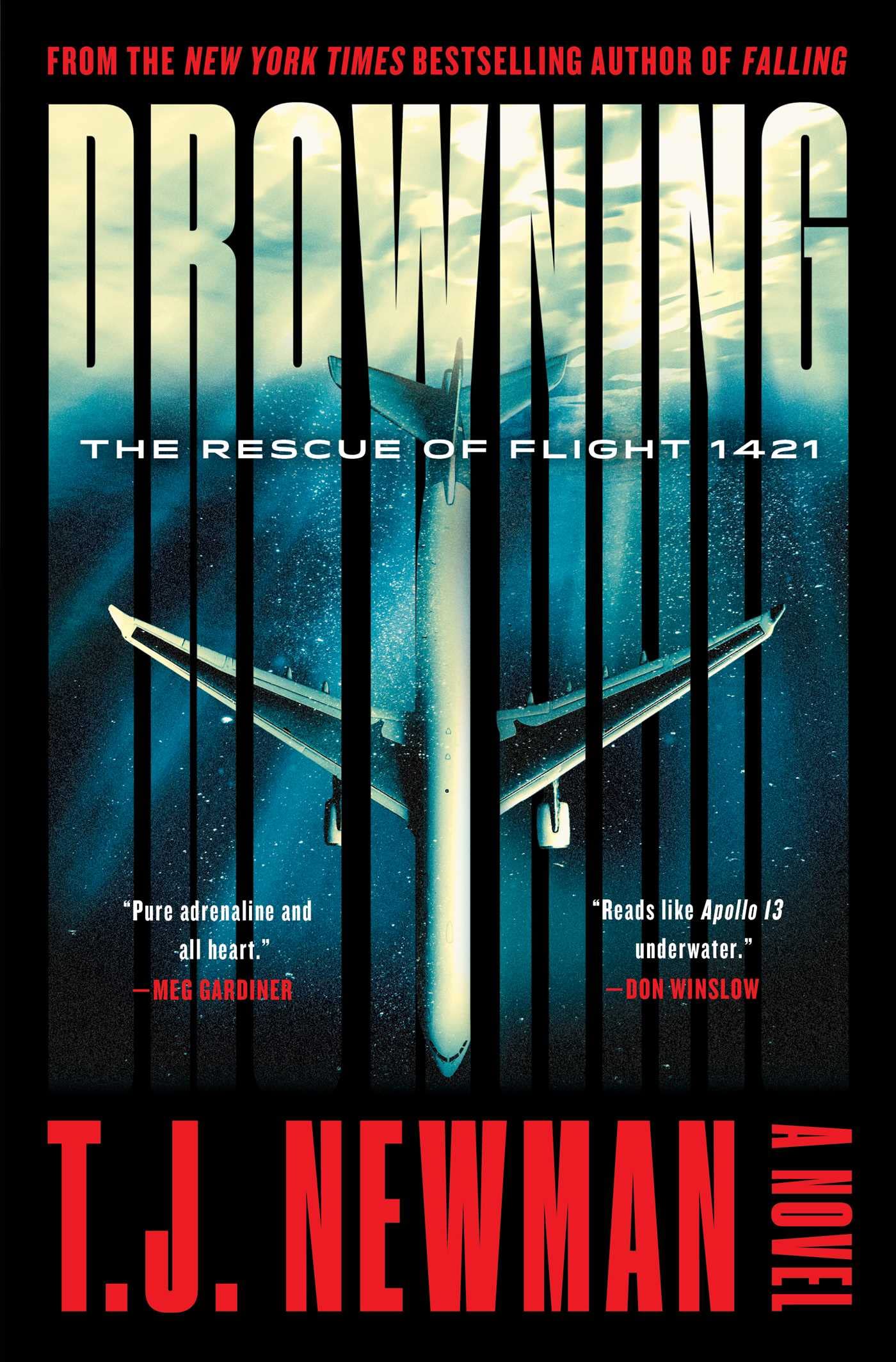
Drowning: The Rescue of Flight 1421 by T.J. Newman
Shortly after takeoff, Flight 1421 crashes into the ocean with twelve passengers trapped inside the plane as it sinks to the bottom. Will and his daughter are waist-deep in water with the clock ticking. On the surface, professional diver Chris is preparing for the rescue. Will is her soon-to-be ex-husband and it’s their daughter whose life dangles in the balance alongside him. They are running out of air and time.
Buy the book now: Bookshop.org | Amazon | Barnes & Noble
You have the unusual talent of having a plot-driven book that still spends plenty of time on character. How do you balance the thrilling speed while still developing connection with the characters?
I tried to think of the story like it was a piece of music. A song ebbs and flows, crescendos and decrescendos. A story is the same way. You can’t have the high intensity aspects of an action thriller nonstop for 300 pages. The reader will be exhausted and the moments that should stand out, won’t. I think it’s as important to let the reader catch their breath as it is to have them on the edge of their seat. The drop on a rollercoaster is only as good as the slow climb up.
Both Falling and Drowning have these incredible ticking clocks and action-packed claustrophobia. Do you feel that these short windows of time help create the fast pace your books are known for? Do you think writing within a short time span is more of a challenge or a helpful container for the story?
Those are great questions. With Falling, I was limited to a timeline of a single flight because that was the whole idea: Captain Hoffman had to make a choice by the time the flight ended. With Drowning, time (or lack thereof, a ticking countdown) was the villain. Neither were necessarily an active choice on my part as the author. They were merely the conditions these two stories needed. But for stories like these two—high conflict, big stakes, plot centered stories—I think that sort of constant ticking clock restriction does help amp up the pace, both for the story, and for the way the reader reads it. A consistent piece of feedback I get is my books are read fast. I never made the correlation before, but maybe that’s part of it. The condensed time period of the story may drive that fast read.
Recently we heard you discuss how you grew up with 90s thrillers which makes perfect sense. Your books feel like a contemporary update to that nostalgic action genre. What are some of your favorite thrillers from the 90s (books or movies)?
Michael Crichton hit it out of the ballpark every time. Jurassic Park (both the movie and the book) is one my all-time favorites. All the John Grisham classics: The Firm, The Client, The Pelican Brief. The massive summer blockbusters I watched over and over: Top Gun, Twister, Armageddon, The Rock, all the Mission: Impossible films. I cannot get enough of that underdog, against-all-odds happy ending just in the nick of time fun. I love an escape, I love to be entertained. And taking the readers on that kind of ride is my primary goal with every book I write.
But I do think it’s important to read across all genres. I read a ton of non-fiction. Juliette Kayyem’s Security Mom was vital research for Falling. The Poisonwood Bible by Barbara Kingsolver is one of my favorite books of all time. Kiley Reid’s debut Such a Fun Age was such a standout. Haruki Murakami’s memoir What I Talk About When I Talk About Running showed me how intimate the everyday can be. Like food, I really think it’s important to have a balanced literary diet.
As we mentioned, the pacing really stands out. Like an Eminem song, it feels like there are no extra words. Do you overwrite and edit back, or do you write really lean naturally?
I wish I naturally wrote lean! Brevity is not my strong suit so that kind of precision and pairing down is a product of a relentless editing process. But, like most skills you practice over and over, the more I do it the better I’m getting at it.
We are also based in Arizona and big fans of Changing Hands bookstore where you worked as a bookseller. How did that time help fortify your love for the book world? Were there any authors who came through that made you feel star struck?
Isn’t Changing Hands just the best? I know I wouldn’t be where I am now without my time working there. I got a job there after I moved back home from New York. I had been pursuing my dream of being on Broadway…which went about as well as you can imagine. (Which is to say, it did not go well. At all. Non. Stop. Rejection.) I’ve always been a lifelong reader and writer, but it was that period of time, working at the bookstore, being surrounded by stories and people who were passionate about reading, writing, and talking about stories, that gave me permission to be creative again. To start dreaming again. My time at Changing Hand is when my lifelong dream of being a published writer turned into a concrete goal.
My favorite author event experience at CHB was with David Sedaris. He’s as hysterical in real life as he is in writing, but what was great to discover was how incredibly kind and generous he is, too. He had a personal conversation with every reader who stood in line waiting to have their book signed and wrote personal messages to each. He refused to leave until every reader had gotten what they needed – which meant we were at the store until 3am. It was a magical night. As a reader and fan of his work, and also as a bookseller and now as an author, I respect David Sedaris so much.
I’m not sure any of us will be able to fly the same again. Do you intend to continue writing in this plane-based theme?
I don’t imagine I’ll only ever write aviation thrillers. (I definitely have other kinds of stories I’m itching to tell!) But right now, it feels like the right space for me and I’m loving writing stories that bring a behind-the-scenes look at aviation.
Can you share anything about your next book? Or any movement on the adaptation front?
I’m going to play my next book as close to the vest as I played my first two, but my answer to the previous question sheds a little light, I suppose. I’ll just reiterate what I said whenever I was asked what my second book would be:
You don’t work in an industry as dramatic and interesting as aviation for ten years and only walk away with one or two good ideas…

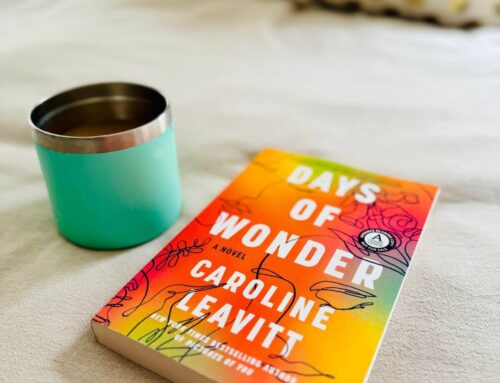
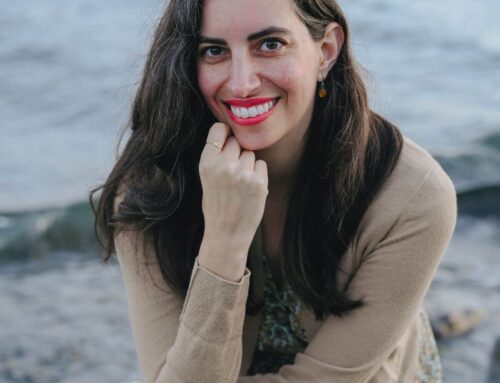
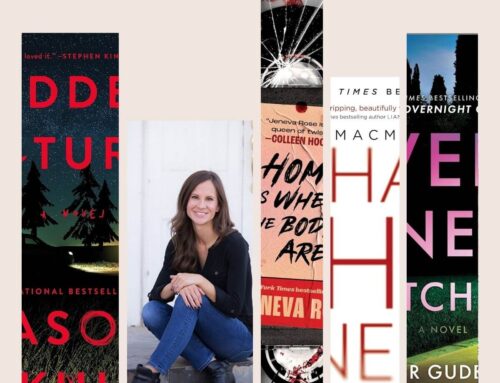
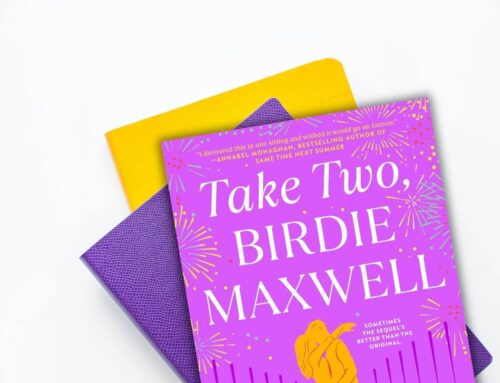

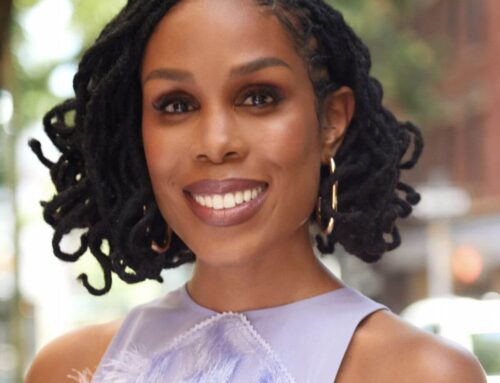
Leave A Comment